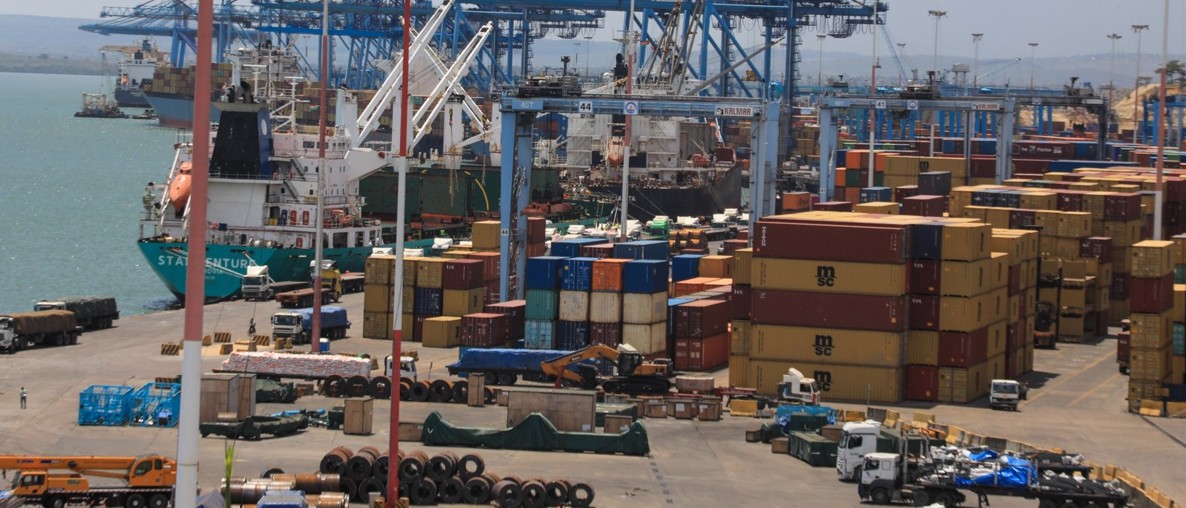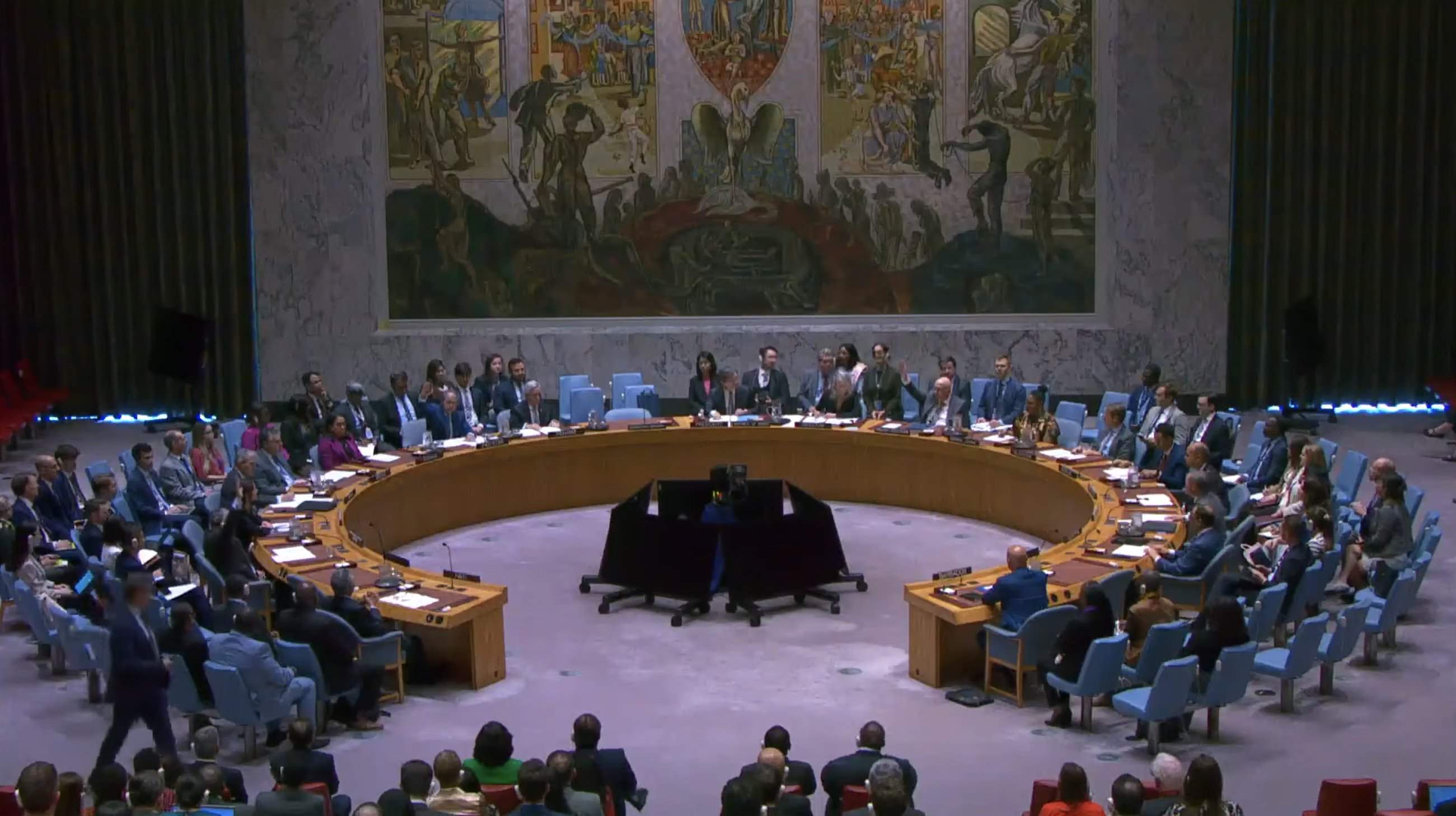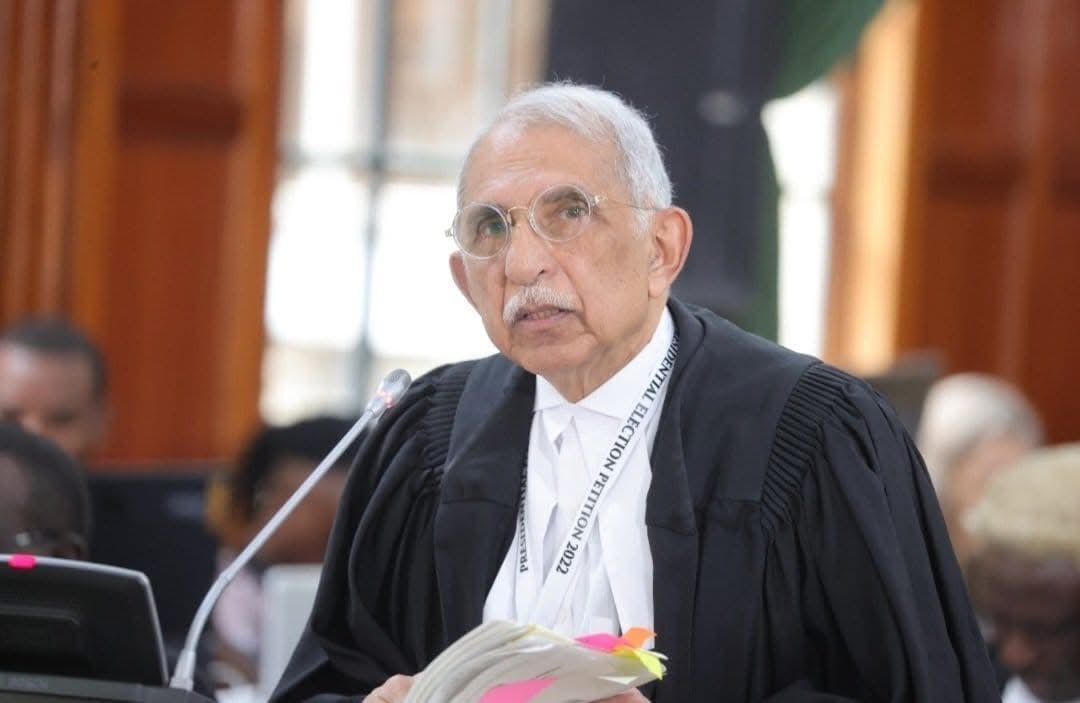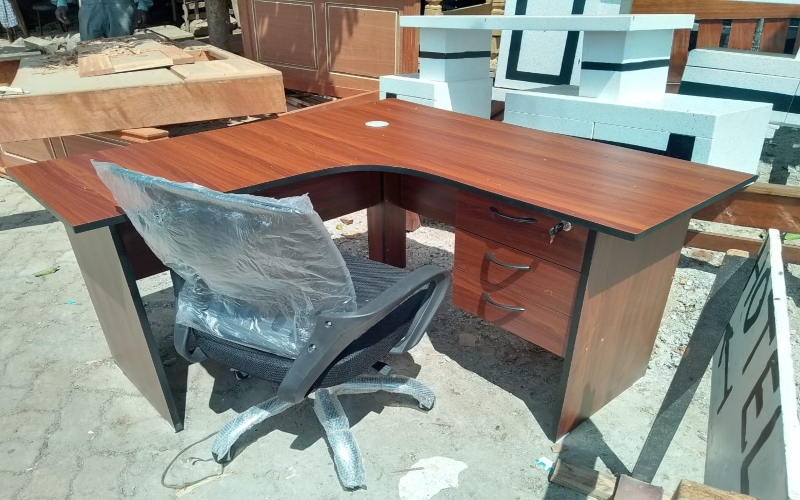Mandera residents frustrated by persistent network outages
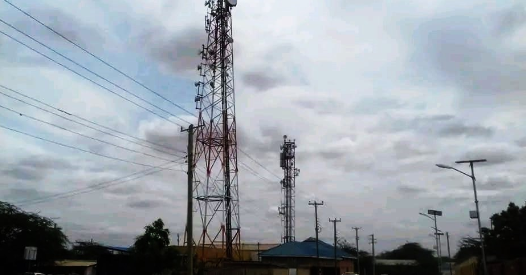
Business operations have been severely affected, particularly for individuals like Abdia Nurrow, a local vegetable vendor.
Mandera town and its surrounding areas have been grappling with frequent network outages, isolating them from the rest of the country.
The duration of these outages has been inconsistent, ranging from two days to one and a half days on various occasions.
More To Read
- Safaricom secures Sh17.8 billion boost for Ethiopia expansion
- Safaricom shares sale explained: Why government chose Vodacom
- MPs to hold public hearings on proposed sale of 15 per cent Safaricom stake to Vodacom
- Kenya’s 5G users hit 1.5 million as adoption accelerates
- Kenyans invited to give views on proposed partial sale of government’s Safaricom stake
- Ndindi Nyoro questions government’s decision to sell 15 per cent Safaricom stake
Just last week, the town experienced a complete network blackout for two consecutive days, causing frustration and anxiety among residents.
Business operations have been severely affected, particularly for individuals like Abdia Nurrow, a local vegetable vendor.
She relies heavily on mobile orders and transactions, but the network disruptions have hampered her ability to conduct business smoothly.
"I sell vegetables, and some residents place their orders through mobile phones. Sometimes, when I am out of stock, I use my mobile phone to order more, but that is not possible due to network outages," she said.
Yusuf Osman, another resident, highlighted the inconvenience of not being able to rely on mobile savings due to the constant outages.
"In our town, we can't carry cash around, we rely on our mobile providers for savings. But these unprecedented outages are frustrating," he said.
Some residents lamented that poor network outages in Mandera also hamper access to emergency services, heightening their' challenges.
The unreliable local networks have pushed residents to seek services from telecommunication providers across the border in Somalia, accessible from the neighbouring town of Bulla-Hawa.
The root cause of these network outages lies in the infrastructure, as explained by Robert Adewa, an engineer from Soulco Kenya.
He pointed out that providers like Safaricom and Telkom are connected via fibre optic cables buried 42 inches underground.
During the rainy season, flooding often uproots these cables, in areas more so between Elwak and Wargadud leading to disruptions in the network.
Top Stories Today









